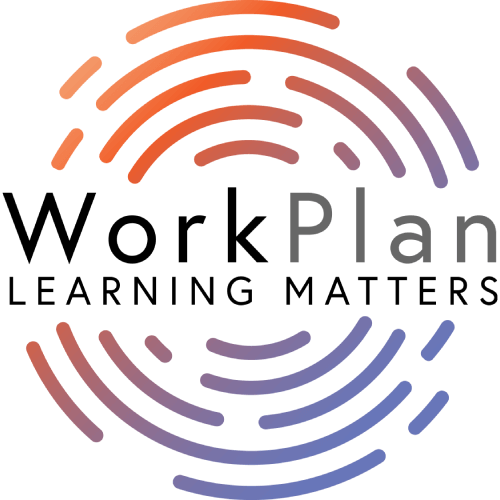
For a long time now, the role of a Human Resource (HR) Manager has been to coordinate, plan, and direct an organisation’s administrative tasks, with particular emphasis on ensuring that employees are not only hired appropriately but performing efficiently and effectively in their roles. Now, the role of the HR Manager is starting to shift its focus back to its roots – ensuring that employees are also happy and comfortable at work.
In recent research conducted by McKinsey & Company, several Chief Human Resource Officers (CHRO) at leading international organisations confirmed that people-centric policies are an imperative part of the dynamic talent work model that the future demands. In Australia, more and more businesses are shifting to employee-centric workplaces to cater to the post-pandemic shift in expectations.
The Findings: ‘Back To Human’
McKinsey & Company’s research suggests that the employee-centric HR model is rising quickly, and it comes in a variety of shapes and sizes across different workplaces. However, there are a few key findings that reign true. 94% of respondents said that they want to engage more directly with employees and move away from self-service solutions, 98% want to let employees bring their ‘whole selves’ to work by addressing the employee experience more dynamically, and 85% want to pave a new model by spreading decision-making across their organisations.
Overall, the emphasis for a HR Manager has shifted from ensuring that the company is just making money – to ensuring that the people working within it have positive feelings towards their workplaces.
Employee-Centric Businesses In Australia
Here in Australia, several leading organisations have already made the shift to an employee-centric model. Mecca Brands, Canva, and Envato are all leading the way for other Australian businesses to follow suit.
Mecca Brands
Mecca is known for its customer-centric approach to beauty, but it is still ranked highly on almost every Australian list of ‘Great Places To Work.’ What Mecca does differently from other beauty brands in Australia is their constant investment in staff development. Many young and talented makeup artists will start their careers at Mecca. Thanks to the Founder of the organisation – Jo Horgan’s ongoing commitment to investing in their people, these individuals are given the training and support to follow their dreams.
Canva
Another contender in Australia’s best organisations to work for, are known for their commitment to flexibility, both pre- and post-pandemic. Valued at AUD$3.6 billion, Canva has undergone some serious exponential growth but has maintained its start-up ethos and corporate structure around being a company that its people would love to work for.
Envato
Envato, similarly to Canva, has been known for its ability to maintain their culture as they have scaled. With an attitude of transparency, Envato shares the message with Canva that work should be something that employees enjoy – and it’s clearly paying off.
The Post-Pandemic Workplace
In the post-pandemic workplace, it’s not just businesses that are transforming. It’s employees too. It’s been repeated time and time again that employees are just as productive, if not more productive from home. Since coming back to work after the pandemic, employees expect flexibility and are often willing to forgo other perks, and sometimes even change jobs or take pay cuts, just to keep it. If there is one thing that we can learn from this, it’s that workplace design and the flexibility to work from home or work in different environments while at the office is here to stay. Whether you take a social hub approach, shift to a totally remote workplace, or opt for flexible workplace design, ensuring that your employees feel heard on this topic is almost crucial to the employee-centric model.
With all of this in mind, it’s time to shift your attention to your organisation and ask yourself, “What transformations can we make to start shifting to an employee-centric model?” WorkPlan Learning is a collaborative learning tool, helping many businesses do exactly that. It enables employees to share information, ideas, courses and other content with their colleagues and clients.
Try WorkPlan Learning LMS for HR consultants for free for seven days, and see if it works for you!
ALSO READ: A Complete Guide to Effective Remote Hiring
Request a WorkPlan Learning Demo
If you want to give WorkPlan Learning a try, and see how it can help transform your business, apply now for a free trial. Prefer to have our team show you the ropes? Request a demo.





